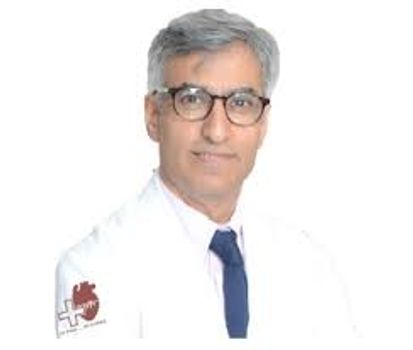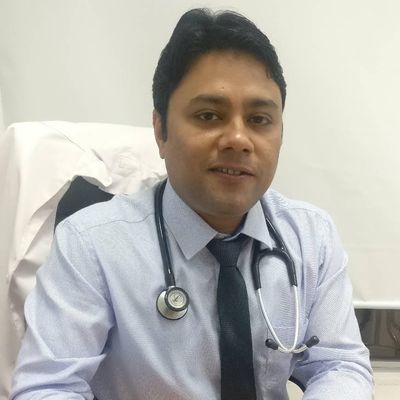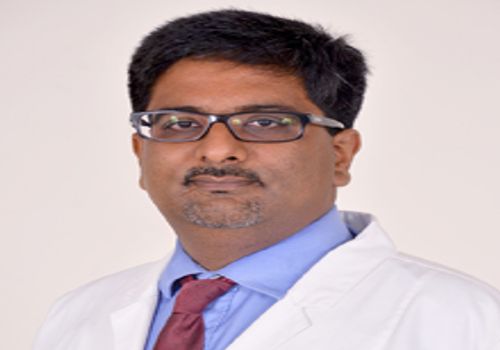World TB Day 2018: Our Fight Against Tuberculosis for a Secured Future
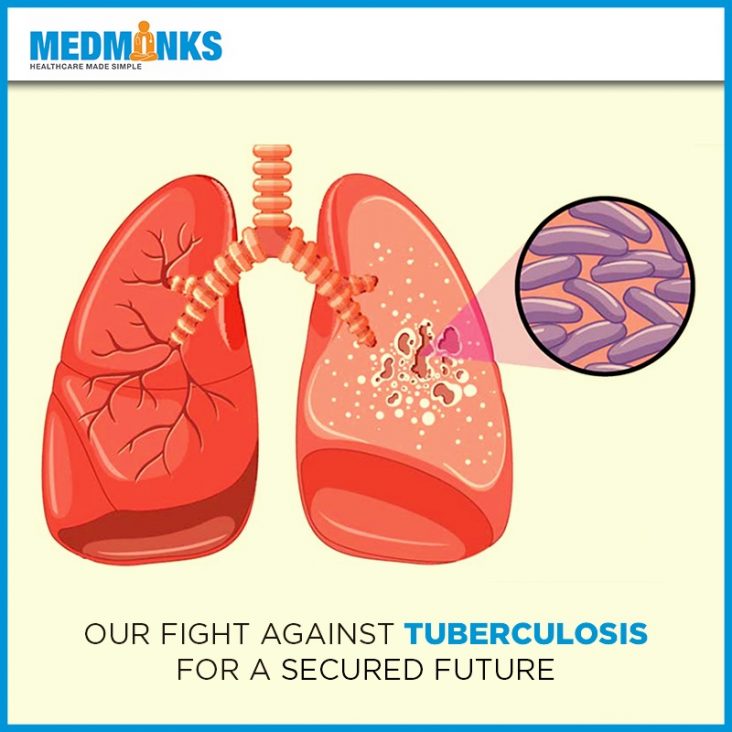
World TB Day 2018
Tuberculosis
Tuberculosis (TB) remains to be on the top of the list of the most widespread infectious-disease in the world and has claimed to have taken millions of lives around the globe. It is an airborne disease which is caused by a bacterium, Mycobacterium tuberculosis (MTB) that results in infecting the lungs, involving persistent coughing, sneezing, chest pain and fever, thereby weakening the immune system. TB is a communicable disease, which spreads when the person afflicted with TB coughs or sneezes. Therefore, TB infection alarming rates calls for addressing the epidemic on a priority basis. Non-pulmonary TB like intestinal TB or Spinal TB etc. is not infective as compared to Pulmonary TB.
Individuals take note if any of the symptoms stated above exist, it becomes mandatory to take TB test because an untreated infection spreads on to more than dozen other individuals in no time every year. If left untreated, it becomes fatal for the individual and even delaying the treatment may pose to be lethal.
TB Booming Relentlessly
Pertaining to the fact that more than 28,000 individuals are afflicted with Tuberculosis each day and close to 5,000 of them die even though Tuberculosis treatment is free, more funds, studies and political dedication to TB is required to eradicate TB in the longer term.
Ease of access to treatment of TB
Individuals who are not aware of the treatment and eventually die, are the individuals from the lower socioeconomic-economic strata, backward classes and isolated communities. However, there are various Non-Government Organisations and other organisations who work in alignment with the government’s Revised National Tuberculosis Control Programme (RNTCP).
Directly Observed Treatment (DOT) has shown potential in bolstering TB patients with their treatment. The treatment involves TB nurses, trained volunteers who meet with patients regularly and watch them take their medication at their home, in clinics or a pharmacy. DOT guarantees that the prescribed dose of drug is administered correctly in the immune system of the patient.
The government-implemented programs aim to target vulnerable groups of a populace and other remote geographical communities. With the help of the WHO formulated DOTS procedure, RNTCP reaches over a billion people in 632 districts and strive to meet the agenda of carrying out the five-year TB National Strategic Plans.
RNTCP provides free diagnosis and treatment, and there is no waiting period for patients undergoing treatment. RNTCP aims to accomplish a minimum of 85% TB treatment success rate among new sputum positive (NSP) patients.
However, this year World TB Day 2018 theme is – “Wanted: Leaders for a TB-free world”. The vision will be streamlined in stimulating commitment to eradicate TB, involving political contribution and commitment of State and Health Minister, support from Mayors, Governors, parliamentarians and community leaders, public health volunteers, nurses, NGOs and other collaborators. WHO encourages individuals to act against the staggering TB rate in an individual’s terrain, thereby fulfilling the agenda of a TB-free world.
The Prime Minister of India, Mr. Narendra Modi has promised to surpass the goal of eradicating TB by 2030 and has promised a TB-free India by 2015. “A target has been set to end TB globally by 2030. I would like to announce that we have set aim to eradicate it from India five years ahead, by 2025,” the Prime Minister said.
In his speech, he elaborated on the notion of changing the tactic of eradicating the disease if global efforts to eradicate tuberculosis fail.
The government under the guidance of our prime minister has successfully launched TB-free India campaign to eradicate the disease by 2025 under the National Strategic Plan. The campaign has been backed by the state governments, health minister JP Nadda and MoS Anupriya Patel.
The promising speech of Prime Minister Narendra Modi says, “But the ground reality still remains that we have not been successful in curbing tuberculosis yet. If something doesn’t yield desired results even after 10-20 years, then we need to change our approach and analyse the work done, which could help in finding new paths”. “Treat every TB patient best at the very first opportunity,” he added.
The Prime Minister has also appointed multi-sectoral stake-holders to create “TB-free village, panchayat, district and state”.
TB treatment failure and relapse
The odds of TB treatment failing are paramount when a patient does not take the prescribed TB drugs timely or for the specified period. However, there are various other reasons for the failure of TB treatment such as prescribing inappropriate regimes, a delayed supply of anti-tuberculosis drugs, improper guidance, noncompliance with guiding principle, incorrect dosage, dearth of information, logistics related expenditure, Malabsorption and Social barriers. Tuberculosis relapses when a patient remains culture negative while on TB treatment but change to culture positive again after the completion of the treatment.
A more significant percentage of tuberculosis (TB) cases are vulnerable to available effective TB antibiotics. Nevertheless, multidrug-resistant TB (MDR TB) is a chief and growing worldwide threat. Among 4.8 percent of new and previously treated TB cases diagnosed globally in 2006, 489,139 cases were MDR TB. There are various factors for drug resistance, and one of them is failure to combat TB with first-class existing drugs. To overcome the menace of MDR TB, rifamycins was developed as patients with MDR TB are resistant to first-line drugs; hence they are exposed to second-line medications which are more expensive, have more side effects, often require injection, and involve more prolonged treatment.
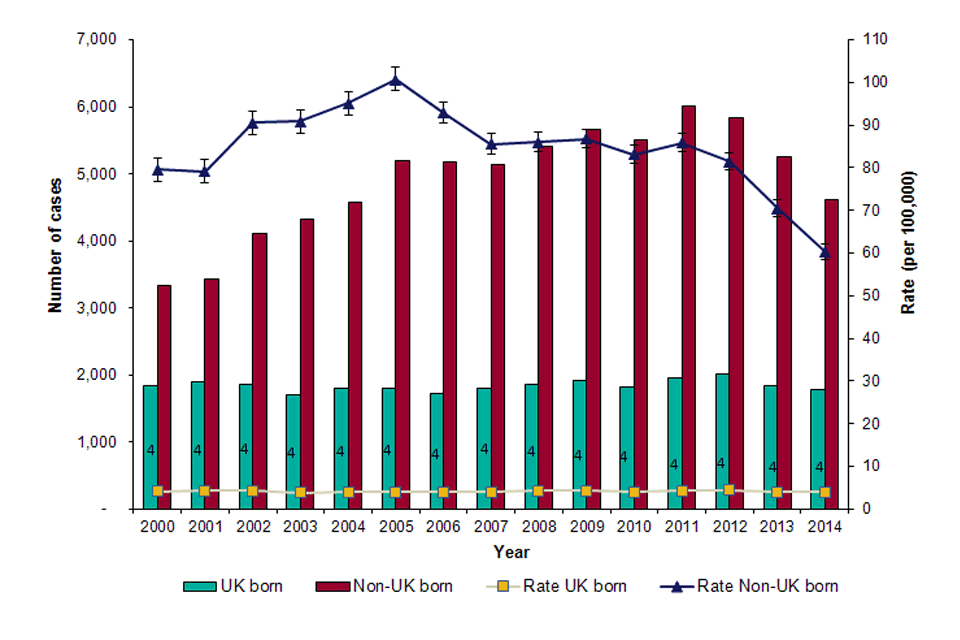
Source: Gov.uk
Multidrug-resistant tuberculosis poses a daunting trial to curtail TB due to complications in diagnosis and treatment. Further research has been warranted for spotting the genes that responsible for multi-drug resistance for therapeutic and epidemiological analyses. Screening rpoB, katG, and other genes with high-frequency mutations will help detect MDR Resistance. Further research will pave the way for the development of novel techniques that will lead to the easy detection of MDR-TB in a TB rampant country such as India.
Home Remedies to Treat Tuberculosis
Home remedies have shown potential in treating over 22 million people with tuberculosis. To treat and keep TB at bay, one should include various foods in their daily regimen.
- Garlic, which is laden with sulfuric acid permanently terminates TB causing germs.
- Bananas are rich in nutrients and calcium that enhances immunisation against TB bacterial agents.
- Drumstick is an excellent source of anti-bacterial minerals and compounds, like calcium, carotene, and iron.
- Indian Gooseberry (Amla)
- Oranges.
- Custard Apple
- Pineapple Juice
- Mint
- Honey subsides whooping cough and wirritation.
- Black Pepper is associated with purifying the lungs and alleviating chest pain.
- Apple
- Coconut water
- Green Tea with Walnuts
Life after TB treatment
After the completion of TB treatment, you will have to take various tests so that your system is TB free. If TB bacteria still exist, then the treatment will be continued until you are perfectly cured. There is a likelihood for an individual for contracting TB more than once if you think symptoms exist, consult your doctor. Many people who have successfully fought TB share their story with others and persuade them to indulge in awareness about the disease and how it impacts the quality of life.
One can also become a part of support group like the TB Action Group (TBAG), it is a community for individuals who had been afflicted with TB in the UK. The network indulges in raising national awareness, extends peer backing and aims to enhance TB services. However, the recent campaigns launched by the Indian Prime Minister and World Health Organisation glimmers hope among patients for a future devoid of TB. Mr. Narendra Modi has left no stone unturned in roping even private sectors for eliminating TB permanently. It is a kind request to all the educated and literate individuals to indulge in activations regarding TB awareness and reach remote communities to make them aware of the impact of TB in deteriorating one’s quality of life. Don’t Fret and look back, move ahead in combatting TB if you are diagnosed with it. Your one step towards eradicating TB is everything. On World TB Day let’s make a plea to ourselves for a healthy future devoid of TB.
It is not his or her fight; it is our Fight!
Comments
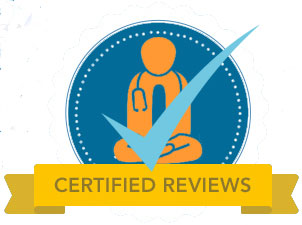
By karunanethee a/l manikam | 06.20.2018
My son now 21 years old.He had operation to remove his pankreas when he was 1 month old at University hospital in malaysia.He was taking insulin by injection since been removed his pancreas for the passed 21 years.He regularly going for the appointment check-up every 3 months.Can he do transplant pankreas and how the procedure to contact your specialist,following up the medical records and the cost.Tq

By Abass | 07.12.2018
Please could help me to get information regarding the SPK for my daughter who was diabetes type 1 since 3 years old. Today the complications on her kidney failure stage 3 risky to be on 4. She is under nephrotic sandrom . In case of complete kidneys failure I am looking for SPK possibility and need to be intouch to get information. Thanks Regards

By Hamza Mahgoub Abdelrahman | 07.12.2018
Hi I have my son he is 7 years old , I need to know more about the pancreatic transplant in India . my son is diagnosted as type -1 diabetes for 3 monthes now .

By Hosenur rahaman mallick | 07.23.2018
I'm 21 old I'm 4time insulin plz help please I need a

By Omendery rathore | 09.09.2018
Plz tell me my mother is 50 and she has stones in pancreas and which causes her problem in digestion so how to cute this

